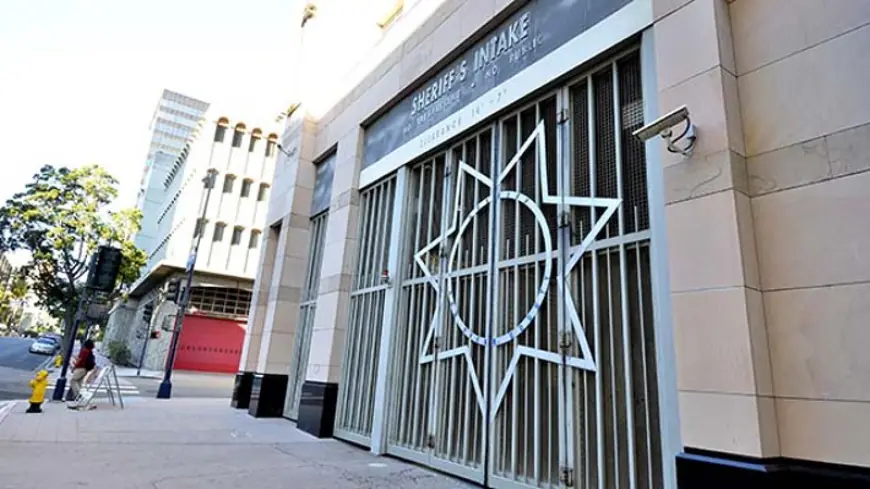Opinion: Passing Prop. 36 Would Be Misguided Step Backward for California
Proposition 36 is a dangerous measure that will waste millions of taxpayer dollars while cutting funding from mental health and substance-use-disorder treatment programs. It will not make our neighborhoods safer.



In 2000 I served as state chairperson for that year’s Proposition 36, which allowed for treatment instead of incarceration for non-violent drug possession. I spoke out throughout California telling my son’s story of substance use and incarceration for possession of marijuana, and the devastation that these punitive prohibitionist policies were having on families like mine.
Instead of being offered treatment services to handle his substance use disorder, he was criminalized and spent 11 years in and out of the carceral system. And he wasn’t an isolated case, as this injustice was happening in every neighborhood, with communities of color and poverty impacted most. Stigma about substance use was deepened by the shame of a felony drug charge, so I spoke out as a mother to break the deadly silence.
The measure passed by 60% of the vote, showing that the people were ahead of the politicians in understanding that addiction should be handled like any other public health-care concern, providing treatment for thousands of individuals, many of whom had never been able to access treatment before.
In 2016, I served as one of the three signers of Proposition 64, which legalized marijuana In California, providing massive funding for treatment and education for youth. With irony I note that my son would never have had a felony record if this law were in place in 1999. Among the many benefits from this new law, youth drug use didn’t increase.
During the 25 years of my advocacy work for drug policy reform and adoption of strategies that reduce the harm associated with substance use, I’ve been involved in many successful reforms, including the passage of Proposition 47, the Safe Neighborhoods and Schools Act, in 2014, which changed some theft and drug crimes from felonies to misdemeanors. Prop. 47 has delivered millions of dollars of funding for programs that provide housing services, mental healthcare, substance-use-disorder treatment and job training.
And now in 2024 there is a new measure on the ballot that would roll back this important criminal justice reform, ironically given the name Proposition 36. This is a dangerous measure that will waste millions of taxpayer dollars while cutting funding from mental health and substance-use-disorder treatment.
We are in an opioid overdose crisis, driven largely by fentanyl that needs to be addressed with an increase in harm-reduction services such as naloxone and medication-assisted treatment and recovery. A return to locking up people for petty crimes and simple-drug possession will only increase prison costs and deplete much needed resources for the measures that do work in saving lives and healing families and communities. It will not make our neighborhoods safer.
I fear that we are experiencing a backlash because fentanyl has been highly politicized and blamed for a myriad of societal problems, including homelessness and petty crime. Fearmongering tactics create mass hysteria, shifting focus from developing positive solutions to address the tragedy of lives lost unnecessarily.
The proponents of Prop. 36 are predominantly district attorneys, police chiefs, retail associations and consumer advocates. Those opposed are civil and human rights organizations such as Ella Baker Center, Alliance of Californians for Community Empowerment Action and my own nonprofit, A New PATH (Parents for Addiction Treatment & Healing).
The biggest issue to me is that the measure could disproportionately impact marginalized communities, worsening racial and economic disparities in the justice system. With increased incarceration comes higher homelessness. Harsher penalties do not and have not ever deterred crime, especially when it is driven by addiction.
This proposition doesn’t address the root causes of crime, such as poverty and lack of access to services and resources for mental health and substance-use disorders. It comes at a time when there is a surge in drug war rhetoric, and we know that the “war on drugs” is a dismal and expensive failure because it is a war waged on people, deepening roadblocks to recovery for both individuals and communities.
I and so many others who believe in human rights and dignity strongly oppose Prop. 36.
Gretchen Burns Bergman is co-founder and executive director of A New PATH and lead organizer of the national Moms United to End the War on Drugs collaborative campaign.
What's Your Reaction?










































































































